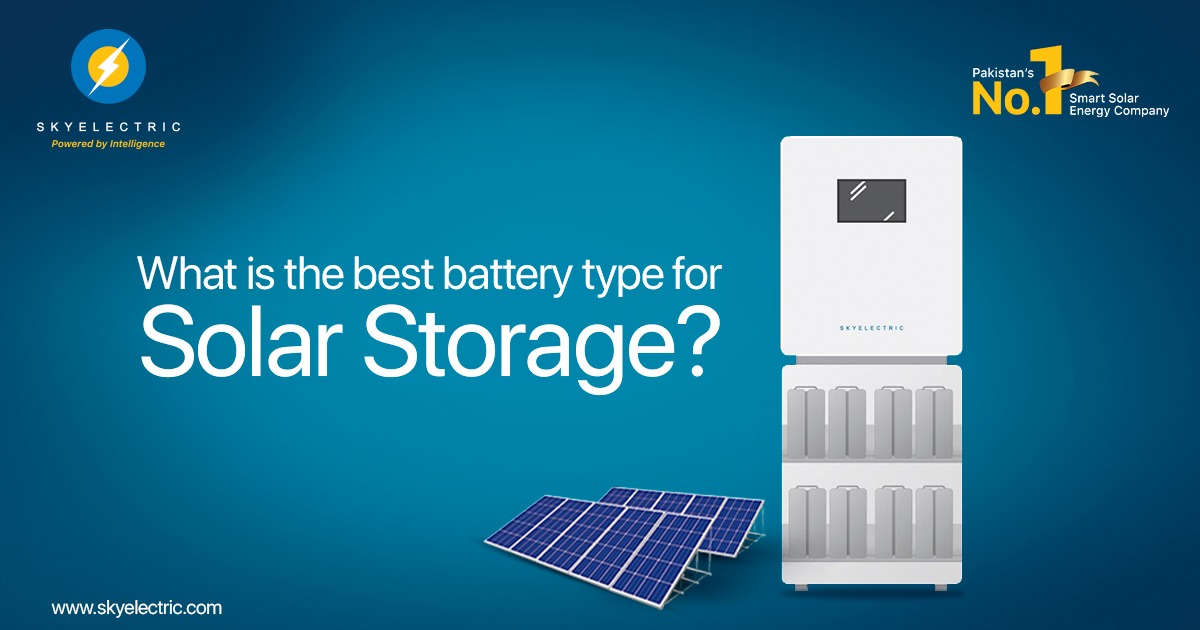The future of technology relies on constantly pushing the boundaries of what is possible and aiming to create the tools of tomorrow, today. It was keeping that in mind that led John B. Goodenough, M. Stanley Whittingham, and Akira Yoshino to work towards creating the lithium-ion battery. A feat for which they were collectively awarded the Nobel Prize in Chemistry in 2019.
The lithium-ion battery is used in virtually every kind of electronic device, including mobile phones, laptop computers, electric cars, as storage for renewable resources, and much more. Its invention is arguably one of the greatest technological achievements of our time.
Lithium Ion & Lead Acid
Lithium-ion’s adoption as a battery created a revolution which led to more complex and compact devices. Mobile phones became smaller, computers became portable, and tablets went from being a thought to a reality. Researchers have subsequently scoured the periodic table for an even better battery, however none has yet come close to surpassing lithium-ion’s high capacity and voltage.
Then there’s the lead acid battery – the oldest rechargeable battery in existence. Invented by the French physician Gaston Planté in 1859, lead-acid was the first rechargeable battery for commercial use. It’s still commonly used today due to its relative cost. For all its benefits, lead acid does have some disadvantages that reduces its value as a modern day solution.
Cost
While lead-acid batteries often cost less up front, their shorter lifespan and the regular maintenance required to keep them running properly makes them less valuable in the long term. Lithium batteries are comparatively more expensive up front, but they are maintenance-free and have a much longer lifespan. When taking into account the frequent need to replace lead-acid batteries the costs suddenly shift in favor of lithium-ion.
Besides the long-term cost savings, lithium-ion enhanced storage units also contain the added benefit of being environmentally friendly – as the batteries are recyclable and in some cases they can be recycled back into batteries, further lowering the overall carbon footprint.
Depth of Discharge
Lead-acid batteries can only be run to 50% depth of discharge – beyond that there is a risk of negatively affecting their lifespan. In contrast, lithium batteries can handle deep discharges of 90% or more.
Efficiency
Lithium batteries are also more efficient which means more solar power is able to be stored and used.
The energy density of lithium batteries is also much higher than lead-acid, meaning they fit more storage capacity into less space.
Charge Rate
Higher efficiency also means a faster rate of charge for lithium batteries – they can handle a higher amperage from the charger, which allows them to be refilled much faster than lead-acid.
Lead-acid batteries are limited in how much charge they can handle – because they will overheat if charged too quickly. In addition, the charge rate significantly slows as you approach full capacity. This means lead-acid batteries take longer to charge, in some cases more than twice as long as a lithium alternative.
Charging
Charging a lead-acid battery can take more than 10 hours, whereas lithium-ion batteries can take from 3 hours to as little as a few minutes to charge, depending on the size of the battery. Lithium-ion can accept a faster rate of current, and hence charge quicker than lead acid batteries.
The SkyElectric Advantage
Lithium-ion batteries are packed inside the Smart Energy Storage unit. This compact unit is further enhanced with a battery management system and intelligent energy storage management software. Its petite frame and superior storage ability allow it to store up to 4 times the energy while occupying the same amount of physical space that would be occupied by a dry or wet lead-acid battery.
The Smart Energy Storage unit can be mounted on a wall to conserve space, rather than requiring a room for a bulk battery bank. Its modular shape also allows for connection to multiple battery packs if additional storage capacity is needed.
Lithium-ion batteries play an integral role in SkyElectric’s Smart plus Storage System, their efficiency, long battery life, and various other benefits make them the perfect vehicle upon which to build a system for the future.
The lithium-ion enriched Smart plus Storage System also comes equipped with SmartFlow, which is SkyElectric’s patented intelligent energy management software. It takes historical and up-to-date values to run a Power Management Plan with the goal of providing the highest availability of energy from the cheapest sources and at the lowest cost. SmartFlow always chooses the cheapest energy resource, providing maximum savings possible.
As the world moves towards cleaner and more sustainable energy sources, solar energy stands out as the most viable option for warm countries like Pakistan. True energy independence and cost savings are no longer just a dream, they have become a reality.
To reduce dependence on fossil fuel backed power and make the move toward clean and green energy, simply switch to smarter options. As leaders in the space and relying on years of experience in the field, SkyElectric can help make this switch seamless.
Reach out to us for more information:
Toll-free number: 0800 77 759 (SKY)
WhatsApp on +923441129977
Website www.skyelectric.com

